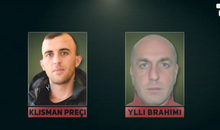
 Flash News
Flash News
Hell in the Gjadri camp, 45 attempted injuries and violent protests
Albanian man who dived into river to save his two deceased children from drowning gets tattooed on their faces
Why World War III is 'speaking', and the Albanian PM Rama is silent
Iran faces near-total internet blackout
Accident on the Grand Ring Road, two cars collide
Stabilization-Association in Strasbourg/Zhupa: Voters were deprived of independent information,
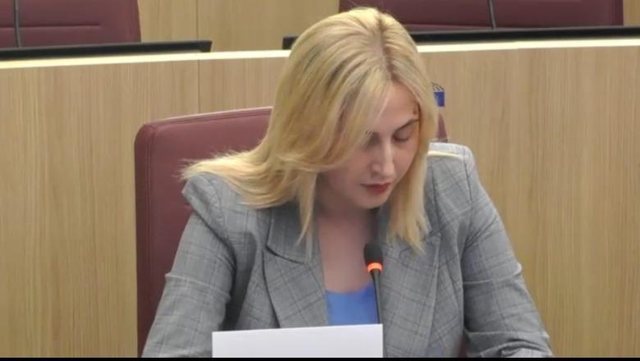
At the Stabilization and Association Committee in Strasbourg, Democratic Party MP Ina Zhupa referred to problems with the media, the safety of journalists and their freedom during the electoral campaign but also in normal periods.
The speech in Strasbourg:
The media environment in Albania is clearly visible in the OSCE-ODIHR report, which was also problematic during the elections that Albania just passed. The report clearly states that “The independence, diversity and integrity of the news available to voters are damaged by the dependence of most media on non-transparent financing from political and business interests, often supported by government contracts”.
“The concentration of media ownership further undermines the pluralism of news sources, contrary to international standards. According to several ODIHR EOM interlocutors, the ownership of some of the largest advertising houses by political interests hinders the fair distribution of advertising revenues, while the lack of reliable audience measurement hinders the transparent and accountable distribution of public advertising,” the report states.
In short, in Albania, citizens were unable to receive objective information, as OSCE/ODIHR points out in its preliminary report: "The vast majority of media outlets are perceived to be affiliated with the ruling party."
On 6 March, the Council of Ministers temporarily blocked access to TikTok – a broad ban that is incompatible with international standards. According to several interlocutors of the ODIHR mission, this ban had an additional negative impact on the ability of all candidates, including non-parliamentary parties, to campaign on equal terms. Journalists’ associations have taken the case to the Constitutional Court because we are clearly facing violations of constitutional rights.
In conclusion, the limited media environment and the failure to implement legal requirements in good faith deprived voters of independent, diverse, and in-depth information on the electoral race.
A serious problem in Albania remains the conditions to guarantee the safety and freedom of journalists. The Safe Journalist Network for the Western Balkans has monitored this issue and there has been an increase in violence against journalists in the last two years, 45 cases in 2024 and the first 6 months of 2025 marked 22 cases.
State institutions do not allow journalists to obtain official information, creating many problems in the standards of transparency and accountability and impeding the work of the media.
The EU is seeking structured dialogue and the adoption of the Anti-Slapping Directive, but there is no progress in this regard.
In the study conducted by Scidev, journalists cited insufficient legal protection (74.1%), political interference (71.9%), lack of institutional support within their newsrooms (62.6%), economic pressure from owners and advertisers (59%), and weak institutional responses from law enforcement and the judiciary (53.2%) as the most urgent threats to their professional safety and independence.
Clearly, during elections and even in normal times, Albania has failed to create a free environment for the media and journalists. The government has used and continues to use the connection with the media through their owners and economic interests as an extension of the government's propaganda lobby for political purposes.
Latest news


Zhulali: EU does not tolerate basic standards, membership is a political process
2025-06-18 22:40:09
Recount process/Këlliçi: DP seeks 14th mandate in Tirana
2025-06-18 22:11:20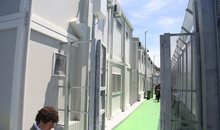
Hell in the Gjadri camp, 45 attempted injuries and violent protests
2025-06-18 21:49:49

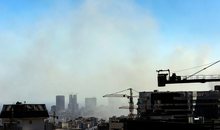
Israel strikes National Police headquarters in Iran, several injured reported
2025-06-18 21:29:11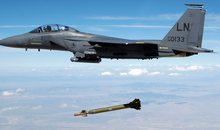

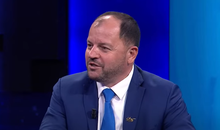


Why World War III is 'speaking', and the Albanian PM Rama is silent
2025-06-18 20:08:03
Avoid drying towels in the sun, here's how to keep them soft
2025-06-18 20:07:53

Cannabis legalization in Albania, new law, old risks
2025-06-18 19:39:54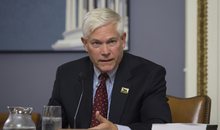
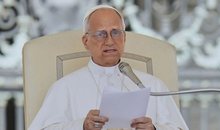
Pope Leo XIV calls for peace: Advanced weapons are temptations we must reject
2025-06-18 19:22:29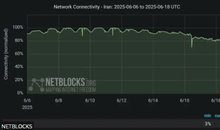
Iran faces near-total internet blackout
2025-06-18 19:07:09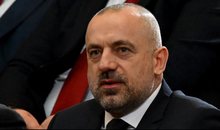

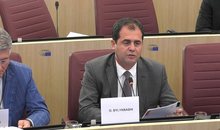
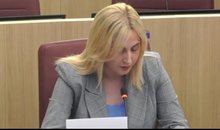

INSTAT: Heart diseases, the leading cause of death in Albania during 2024
2025-06-18 18:05:33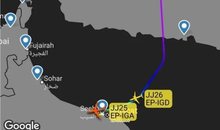



Trump does not rule out the possibility of striking Iran
2025-06-18 17:19:35
Accident on the Grand Ring Road, two cars collide
2025-06-18 17:05:57
Kume: Vote recount increases credibility
2025-06-18 16:59:38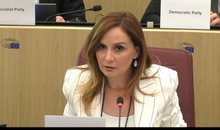
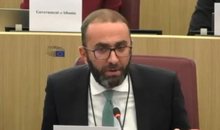

Ndërron jetë ish-futbollisti dhe trajneri i njohur shqiptar
2025-06-18 16:17:02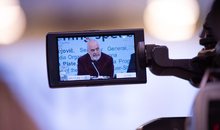
EU calls for "comprehensive reforms" for the media in Albania
2025-06-18 16:06:20
Macron convenes France's Defense and Security Council
2025-06-18 16:04:29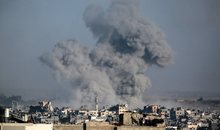
Israeli attacks in the last 24 hours, at least 140 killed in Gaza
2025-06-18 15:58:13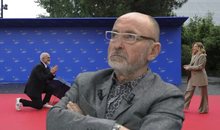
Reflection on Rama's kneeling before Meloni
2025-06-18 15:52:53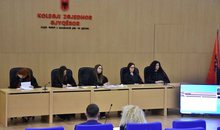

Conference League second round draw, Albanian teams learn potential opponents
2025-06-18 15:29:29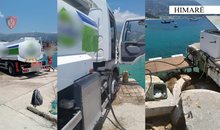

Eurostat 2024: Prices in Albania are catching up with EU levels
2025-06-18 15:07:03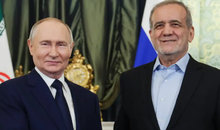
War/ Why is Russia hesitant to help Iran in its conflict with Israel?
2025-06-18 15:00:19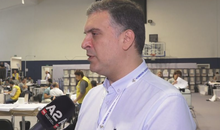
Blushi: Ilir Meta's voice will resound louder than ever in the new Parliament
2025-06-18 14:50:42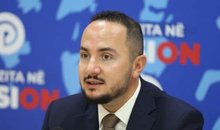
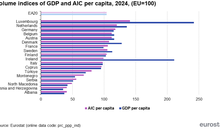

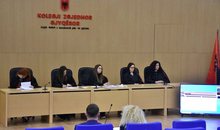
The Electoral College also rejects the DP's complaint for Kukës and Gjirokastra
2025-06-18 14:09:49
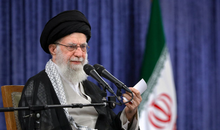
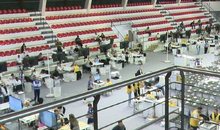
The College rejects the DP's request for invalidation of the elections in Lezha
2025-06-18 13:41:57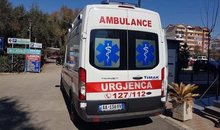
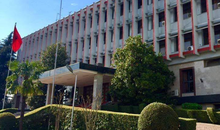
Evacuation of 5 Albanians from Israel, 3 of them arrive in Albania
2025-06-18 13:23:34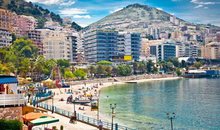
Amidst chaos and abuse, is Albania ready to offer sustainable tourism?
2025-06-18 13:01:56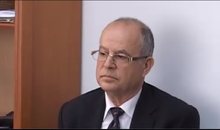

SMILE.al - 5 years of history, the best version of success!
2025-06-18 12:42:25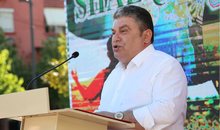
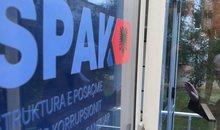
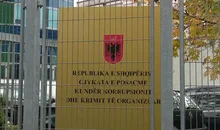

Causes of death in Albania, heart disease leads, suicides increase
2025-06-18 11:47:36
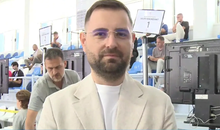
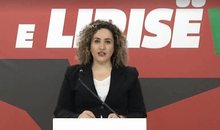

The claim for Jorgo Goro is postponed
2025-06-18 10:59:17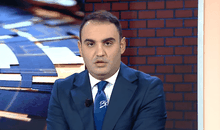
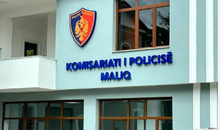
Gave candy and attempted to abuse minor, 60-year-old arrested in Maliq
2025-06-18 10:33:10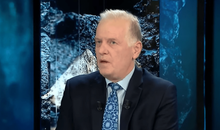
Israel, Iran, us and our world
2025-06-18 10:21:43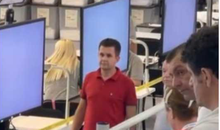
Vote recount for Tirana, Ilir Alimehmeti also present in the process
2025-06-18 10:13:14
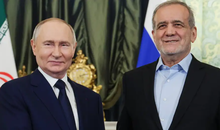
Why is Russia hesitant to help Iran in its conflict with Israel?
2025-06-18 10:00:55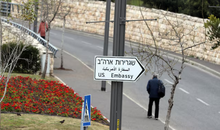
Israel-Iran War/ US Embassy in Jerusalem Temporarily Closed
2025-06-18 09:42:06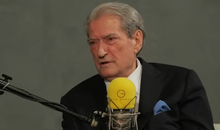
"I wanted to become a writer", Berisha recounts his dream left half-abandoned
2025-06-18 09:33:52
Author of several thefts, thief from Tirana caught in Durrës (NAME)
2025-06-18 09:24:20

Taksa të larta dhe diskrimin, pse emigrantët po largohen përsëri nga Gjermania?
2025-06-18 09:02:32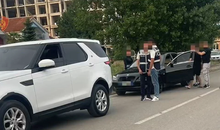
Socially dangerous person, 27-year-old arrested in Pogradec
2025-06-18 08:51:39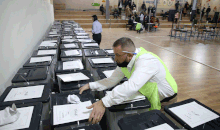
The recount of votes for the Tirana district begins today
2025-06-18 08:37:37

Horoscope, what do the stars have in store for you today?
2025-06-18 08:12:05

Morning Post/ In 2 lines: What mattered yesterday in Albania
2025-06-18 07:45:20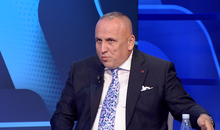


Former prosecutor: Criminal groups are more structured in Albania
2025-06-17 22:02:21

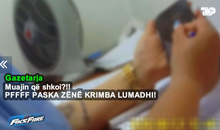
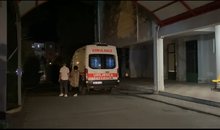
Korça/ A woman comes into contact with electricity
2025-06-17 20:55:40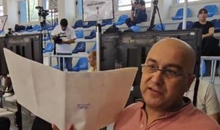

Death makes you neither good nor bad.
2025-06-17 20:38:05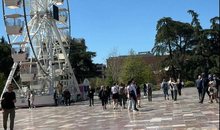
Only 1 in 5 tourists sleep in apartments or hotels
2025-06-17 20:25:16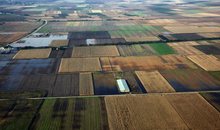

European Commission proposes complete ban on Russian gas imports
2025-06-17 19:46:58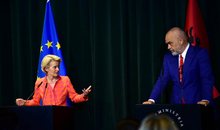
'Serious concern': EU condemns government attacks on SPAK after Veliaj's arrest
2025-06-17 19:36:01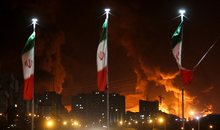
Fuel prices soar amid Israel-Iran tensions
2025-06-17 19:19:12


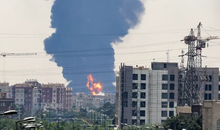
Iranian military says it struck Israeli military intelligence center in Tel Aviv
2025-06-17 18:17:27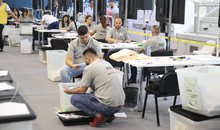
The recount of 94 boxes of Gramsh and Peqin is completed
2025-06-17 18:08:47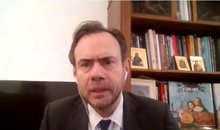
Source: The world order is destroyed, how is the world being run today
2025-06-17 17:50:28
